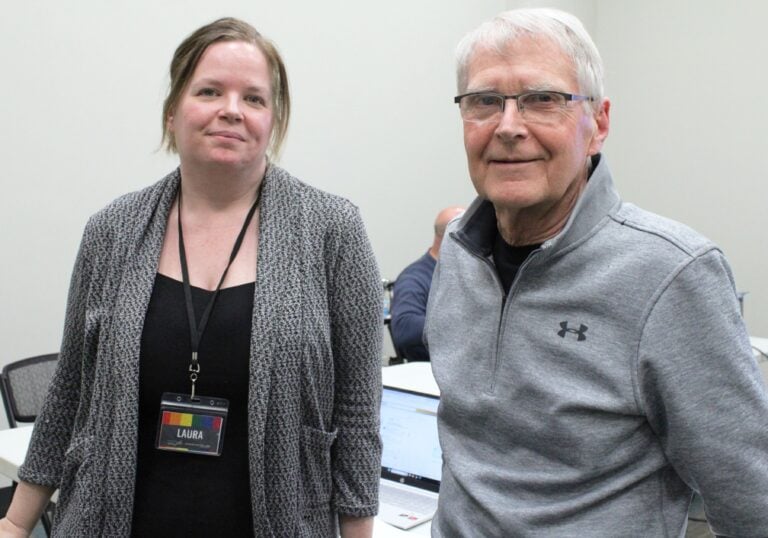Niagara-on-the-Lake’s town staff are launching a pilot program to collect traffic data along various roads across the municipality in efforts to address residents’ concerns about speeding drivers.
The pilot program will run during December, weather permitting.
The town’s operations department has purchased two traffic data collectors to analyze the extent of speeding problems, staff said in an information report presented at the committee of the whole meeting Monday, Dec. 2.
Each collector cost $3,900, said town spokesperson Lauren Kruitbosch.
The collector can count vehicles travelling in both directions, measure speed and classify vehicles based on their size.
Once the staff collects and analyzes the information, they can decide if a particular section of the road requires traffic calming measures or enforcement.
“While speed enforcement is an effective method to manage speeds, it requires significant resources that may be difficult to procure on a consistent basis,” Mike Komljenovic, the town’s acting manager of public works, said in the report.
“As a result, other enforcement methods may be necessary to deter drivers that travel in excess of the posted speed limit.”
That could include the use of speed minders that measure the speed of approaching vehicles and show it on a digital display, which can help motorists to “self-enforce their speed,” staff said in the report.
According to the 2019 capital budget, town staff has purchased two portable radar speed boards for $18,000 because previous boards no longer met the Transportation Association of Canada guidelines and could only monitor one lane of traffic at a time.
At the request of the council, staff also spent $50,000 on traffic control devices, such as intersection flashers, speed limit changes and speed bumps, and on traffic investigations, such as analyzing whether specific intersections merit all-way stop signs.
There are also four speed minders in NOTL, purchased for $3,450 each, said Kruitbosch.
Before implementing a permanent program in 2020, the staff will submit a report to councillors in the spring of the next year.
The operations department staff will also choose which roads to include in the data collection process and will take into consideration concerns received from councillors and residents.
The information will help determine if traffic calming measures are required, whether Niagara Regional Police need to be asked to crack down on speeders and will provide statistics for the 2020 transportation master plan, Komljenovic said in the report.



.jpg)







